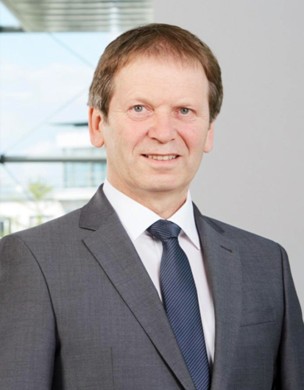
Bas van Dijk
Bas van Dijk has studied chemistry at the University of Amsterdam and received his master’s degree at the same university on the topic of selective, supramolecular assisted homogeneous catalysis. He continued research in the group of Dr. Dennis Hetterscheid and Prof. Dr. Marc Koper at Leiden University in the Netherlands on the topic of the oxygen evolution and reduction reactions as well as hydrogen peroxide synthesis using molecular electrocatalysts. He received his PhD March 2021 on his research on “The role and analysis of molecular systems in electrocatalysis”. Since then, he works at the Electrolysis group of the Netherlands Organization for Applied Scientific Research (TNO). Currently he is leading the PEMWE research and development activities as senior scientist focusing on improving efficiency, durability and cost reduction of PEMWE components and systems such as ultra-low iridium catalysts and PFAS-free membranes.
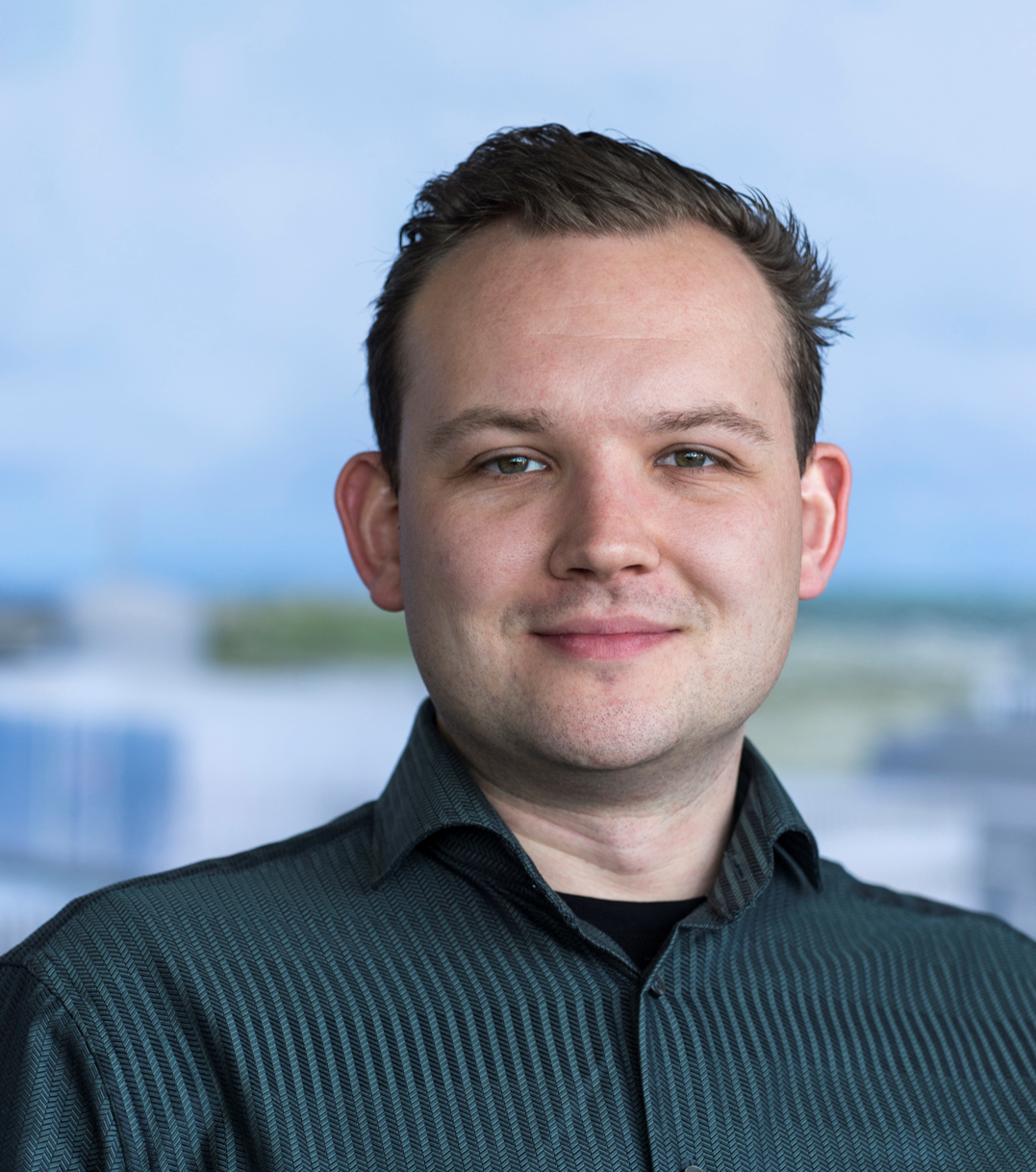
Christopher Capuano
Christopher Capuano is a member of the Engineering Management Team with direct responsibility for the Research and Development portfolio at Nel Hydrogen. Mr. Capuano’s is accountable for project/product development and execution in accordance with external and internal contracts, as well as responsible for managing IR&D programs, specifically in relation to the identification, qualification, and implementation of new membrane, catalysts, and externally supplied MEAs for commercial applications. Currently, Mr. Capuano oversees over ten (10) federally funded research projects through the Department of Energy and serves as the lead and steering committee representative for Nel’s joint development next-gen cell stack design effort with General Motors. Mr. Capuano has also led MW scale system design and development efforts, having taken Nel’s first 20 MW PEM electrolyzer system through concept design to successful commissioning. Additional responsibilities include the management of numerous contract programs funded through the National Labs, NSF, ARPA-E, ONR and DOD, regarding both cell stack cost improvements and higher efficiency gains.
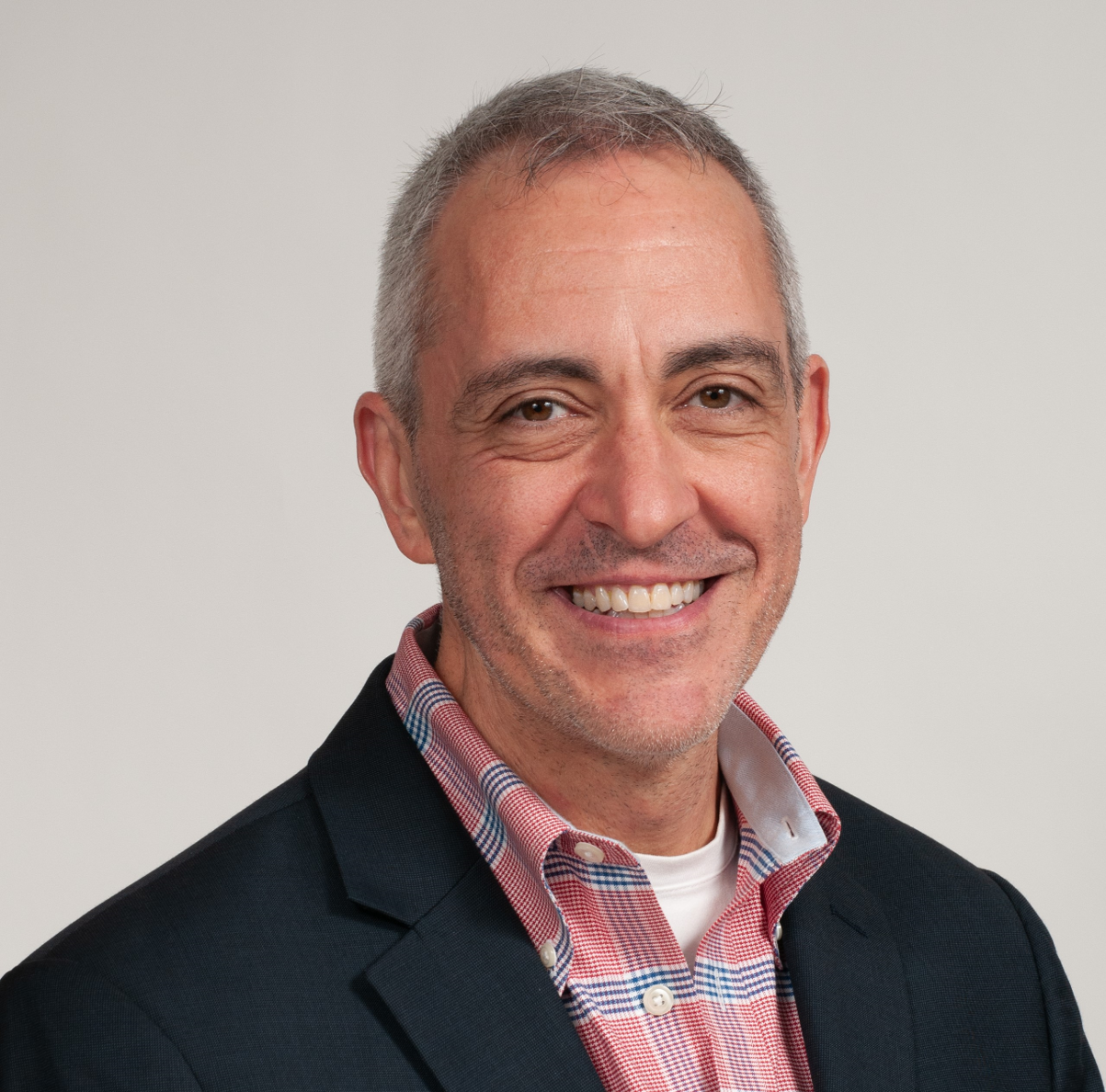
Fausta Giacobello
Fausta Giacobello got her master diploma in ‘Chemical sciences’ at the University of Messina / Italy in 2013 and received his PhD degree from the same University in 2017. Her research activity is focused on the development of innovative technologies for energy conversion through electrochemical processes powered by renewable sources.
Dr. Giacobello mainly deals with the synthesis of materials used as catalysts in water electrolysis processes with proton and anion exchange membranes (PEMWE and AEMWE) and their electrochemical characterizations. She is involved in several national and international research projects.
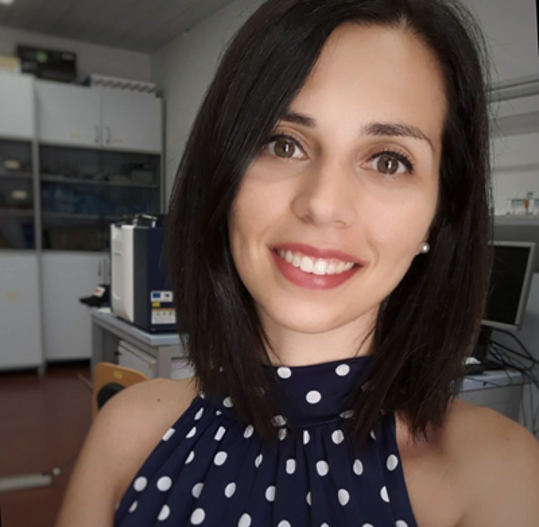
Guilin Ruan
Guilin Ruan obtained his B.Sc. degree in chemistry from University of Shantou in China, and completed his Ph.D. in chemistry at the Technion – Israel Institute of Technology in 2024. He is currently a postdoctoral fellow at the department of materials science and engineering at the Technion. During his Ph.D. study in the group of Prof. Galia Maayan, he specialized in molecular catalysis, with a particular focus on the mechanistic study of electrocatalytic water oxidation. Since 2024, he has joined the group of Prof. Avner Rothschild, where his research targets on the development of decoupled water electrolysis and hybrid electrolysis, which is funded by European Research Council (ERC) and Grand Technion Energy Program (GTEP) for Outstanding Postdoctoral Fellows. Now he is passionate about bridging fundamental research and industrial applications in green energy technologies.
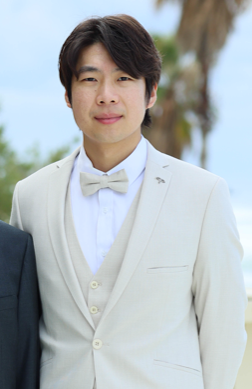
Hiroshi Ito
Hiroshi Ito is a Leader, Team of Renewable Energy Advanced Research Center (READ), National Institute of Advanced Industrial Science and Technology (AIST). He received a MEng in nuclear engineering from the Tokyo Institute of Technology (1993) and a PhD in fundamental energy science from the Kyoto University (2004). Dr. Ito joined National Institute of Advanced Industrial Science and Technology (AIST) in 1993, and was a guest researcher in the Institute of Energy Technology (IFE) in Norway from 2007 to 2008. He has been also participated in activities of Hydrogen Technology Collaboration Program (H2TCP) of International Energy Agency (IEA) since 2004, and served Operating Agent of Task 29 (Distributed Community Hydrogen) from 2013 to 2016. His area of interest include polymer based electrochemical energy conversion device and system analysis of hydrogen based energy system. Over the past 10 years, he has focused particularly on the research and development of anion exchange membrane water electrolysis.
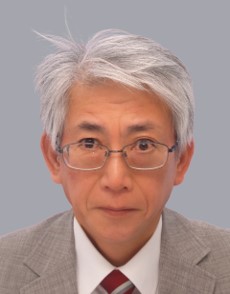
Hongmei Yu
Hongmei Yu received her PhD degree from Dalian University of Science & Technology in China in 1998. Since her post-doc she works at Dalian Institute of Chemical Physics, Chinese Academy of Sciences, in the Department ‘Hydrogen & Fuel Cells’ in the field of PEM fuel cells and water electrolysis, mainly working on the MEA for PEM fuel cell, AEM fuel cell and electrolysers. She leads the Group of ‘Efficient Electrolysis since 2018, in the institute focusing on water electrolysis, i.e, PEM electrolysis, AEM electrolysis and seawater electrolysis. She is engaged in several national projects on water electrolysis on fundamental research and transfer the knowledge to the hydrogen industry. She has been leading several standards on fuel cell and electrolysis. She is the expert member of the China National Alliance of Hydrogen and Fue Cells.
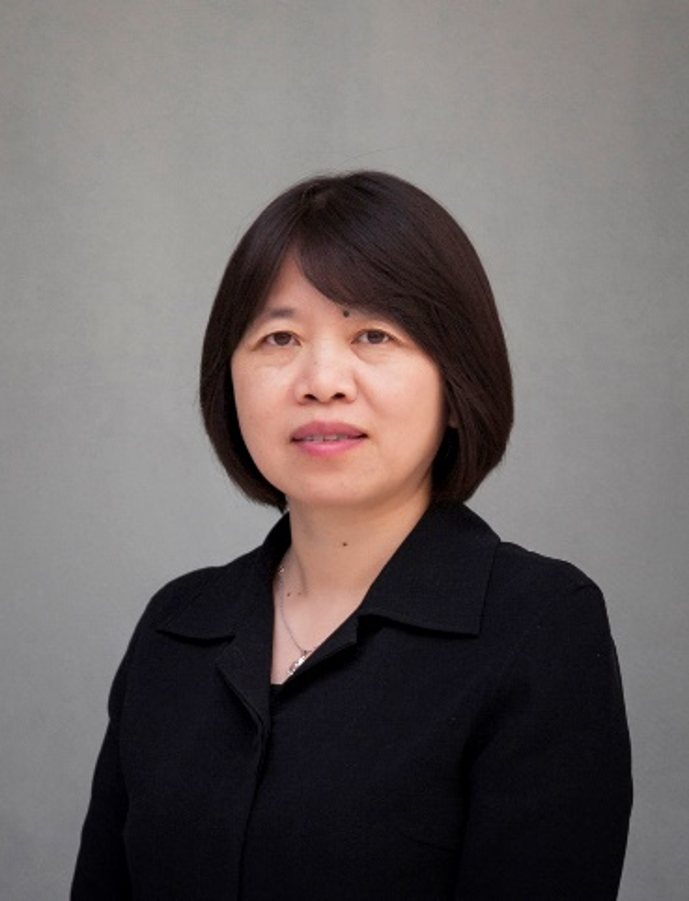
Iryna Zenyuk
Iryna Zenyuk holds a B.S. (2008) in mechanical engineering from the New York University Tandon School of Engineering. She continued her studies at Carnegie Mellon University, she earned M.S. (2011) and Ph.D. Zenyuk did her postdoctoral work at Lawrence Berkeley National Laboratory in Electrochemical Technologies Group.
Zenyuk is a professor in Chemical and Biomolecular Engineering Department at University of California Irvine. She is also a director of the National Fuel Cell Research Center at UCI. She is a recipient of the NSF CAREER award (2017), Interpore society Fraunhofer Award for Young Researchers (2017), Research Corporation for Science Advancement, Scialog Fellow in Advanced Energy Storage (2017-2019), Electrochemical Society (ECS) Toyota Young Investigator Award (2018), and ECS Energy Technology Division Srinivasan Young Investigator Award (2021). Prof. Zenyuk published over 100 journal publications and delivered more than 100 invited presentations.
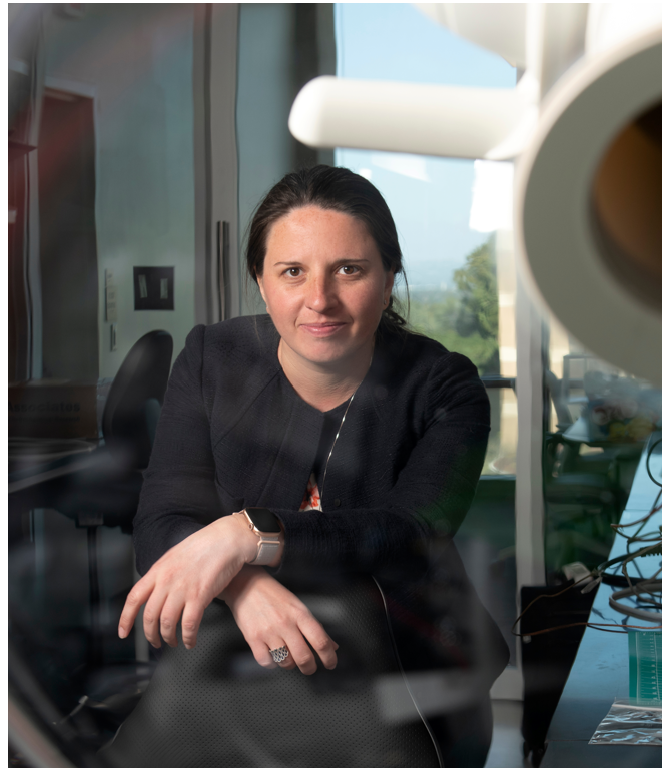
Karel Bouzek
Karel Bouzek got his diploma in ‘Inorganic Technology’ at the University of Chemistry and Technology, Prague (UCTP) / Czech Republic in 1991 and received his PhD degree from the UCTP in 1997. Since his studies he works at the UCTP at the Department of Inorganic Technology and leads the group of “Technical electrochemistry and electrochemical process engineering”. In 2001 he finished his habilitation on the topic of “Electrochemical synthesis of Ferrates(VI)” and since 2005 he holds the chair at the Department of Inorganic Technology, UCTP. In the years 2014 to 2022 Professor Bouzek acted as a dean of Faculty of Chemical Technology of UCTP. During his Alexander von Humboldt fellowship at KWI DECHEMA, e.V. in the years of 1998 to 1999 he started to develop activities in the filed of PEM fuel cells. They were later on expanded to PEM water electrolysis, alkaline (membrane) water electrolysis and solid oxides cells. He is engaged in several national and international associations. At international Society of Electrochemistry he acted in the years of 2017-18 as a chair of Division 5: “Electrochemical Process Engineering and Technology” and since 2019 he chairs Working Group on Electrochemical Engineering at EFCE.
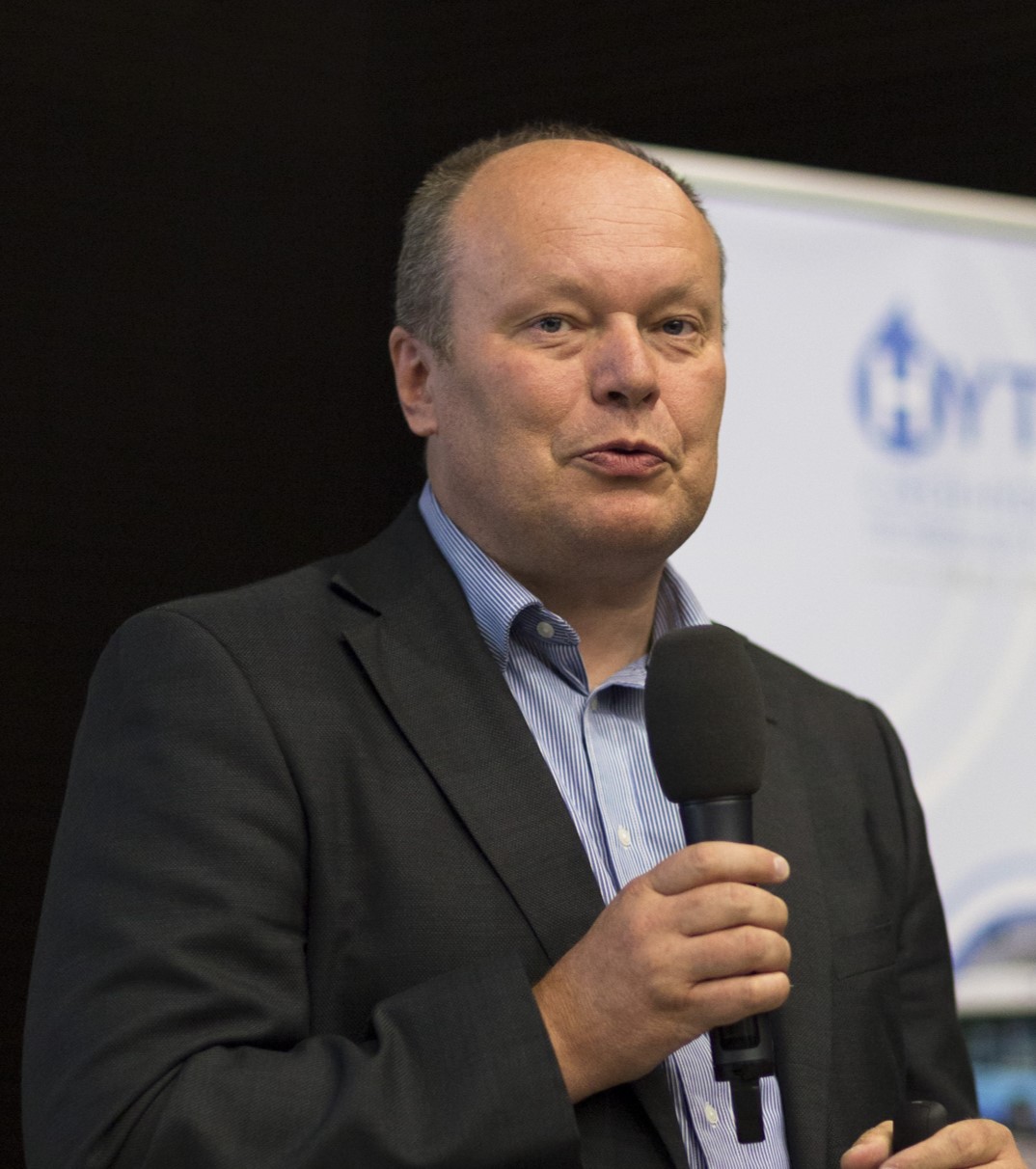
Luigi Crema
Luigi Crema is the director of the Center for Sustainable Energy at Fondazione Bruno Kessler, in Trento. A physicist, he deals with issues connected with energy transition and the development of technology solutions for hydrogen and batteries, the two main pillars of the Center with more than 80 people: researchers, innovators, and technicians. He is involved in 2 IPCEI projects, on batteries in EuBatIn and on hydrogen technologies in Hy2Tech, with the ongoing realization of a technology infrastructure of industrial relevance in Rovereto, in the Hydrogen Pole of the Province of Trento.
He is President of Hydrogen Europe Research giving support to the realization and implementation of the programme of the Clean Hydrogen Partnership as a member of the Governing Board together with European Commission and Hydrogen Europe industry.
He is the vice president of the Italian Hydrogen Association, supporting the role of hydrogen at the national scale and through the engagement of national institutions.
Among other roles, he is a founder and a member of the National Academy of Engineering and Technology and involved in the BEPA, the European Battery Partnership.
For over twenty years, he has been involved in innovation between research and the industrial sector. He supported the creation and growth of Start-up such as Green Energy Storage and Unitec. He was involved in more than 50 project initiatives on the energy sector and in about 100 scientific papers.
Matheus (Thijs) de Groot
Thijs de Groot is a professor in the field of electrochemical engineering at Eindhoven University of Technology. He received a PhD degree from the same university in 2007 in the field of electrocatalysis, after which he worked for 16 years in innovation roles for companies active in the chlor-alkali and water electrolysis industry focusing on the development of sustainable solutions. In 2016 he rejoined the university in a part-time position carrying out electrochemical engineering research and education. In his research he focuses on improved cell and stack design for alkaline and anion-exchange membrane electrolysis, addressing topics such as ohmic resistance, gas crossover, bubbles, the role of additives and reverse currents on electrolyzer performance and flexibility. He also looks beyond the stack to the optimization of the complete electrochemical plant. Since 2023 Thijs is employed full-time at the university.
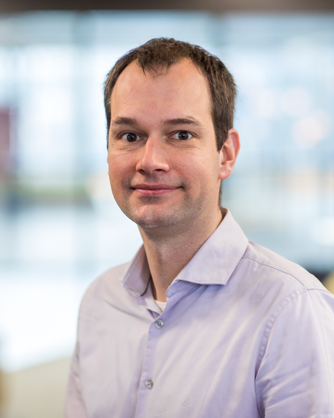
Meital Shviro
Meital Shviro earned her Ph.D. in materials chemistry from Bar-Ilan University, Israel, in 2016. Following her doctoral studies, she advanced her career with a postdoctoral fellowship at the Ernst Ruska Center at Forschungszentrum Jülich (2016–2017) and then as a Humboldt research fellow at the Institute of Energy and Climate Research – IEK-3 (2017–2019). During these roles, she focused on developing and fundamentally investigating electrocatalysts for water electrolysis in both alkaline and acidic media. In 2019, she established and led the Electrocatalysts Group at IEK-14, where she developed nanostructures and electrodes for PEM and alkaline water electrolyzers with an emphasis on in-situ characterization of degradation processes. Currently, as a staff scientist at the Chemistry and Nanoscience Center at the National Renewable Energy Laboratory (NREL), Meital leads innovative research in alkaline electrolysis, focusing on elucidating electrochemical and degradation processes while advancing component development and materials integration.
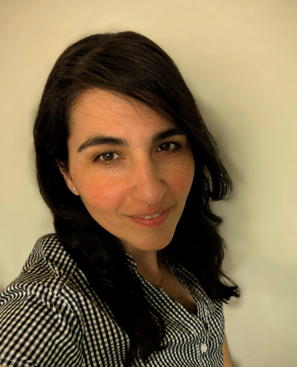
Oliver Jochum
After completing his degree in “Environmental Engineering & Resource Management” with a focus on “Energy and Process Engineering” at the Ruhr University Bochum, Oliver Jochum completed his doctorate on the topic of “Power to gas as an energy storage option” at the Fraunhofer Institute for Environmental, Safety and Energy Technology in Oberhausen. After a stopover at Offenburg University of Applied Sciences, where he continued to work on energy storage projects and gave the lecture “Sustainable Energy Management”, he moved to Klimapartner Südbaden e.V., where he has been coordinating the Trinational Hydrogen Initiative 3H2 since 2022. The Trinational Hydrogen Initiative 3H2 is an industry-oriented network with the aim of developing a cross-border regional hydrogen economy in the border triangle of France, Switzerland and Germany. More than 80 network partners along the hydrogen value chain are working together to initiate implementation projects to ramp up the hydrogen economy.
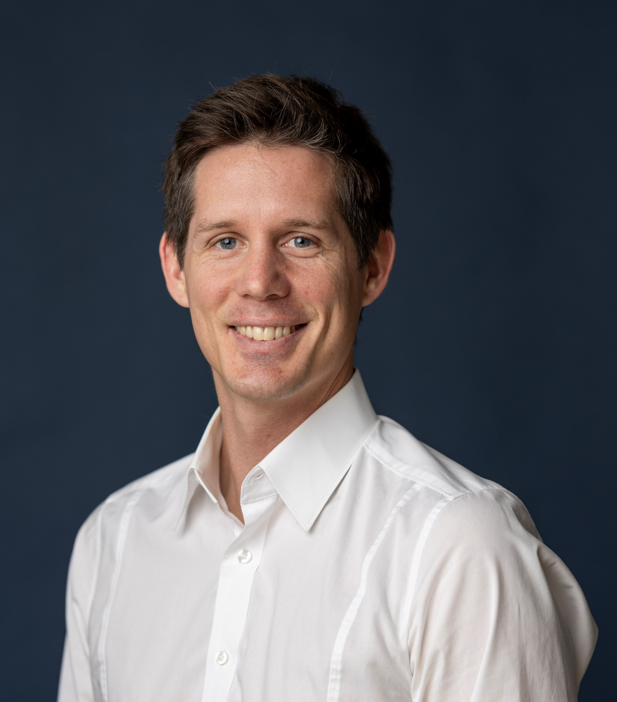
Patrick Trinke
Patrick Trinke got his diploma in ‘Process Engineering’ at the Otto von Guericke University Magdeburg / Germany in 2014. Since his studies, he has been working at the newly founded Department of Electrical Energy Storage at the Leibniz University of Hanover under the direction of Prof. Dr.-Ing. Richard Hanke-Rauschenbach and group leader Dr.-Ing. Boris Bensmann. The scope of his work included investigation of PEM fuel cells and water electrolysis. The focus of his doctoral thesis was on the experimental, theoretical, and model-based investigation and description of gas crossover in PEM water electrolysis. In 2021 he received his PhD degree at the Leibniz University of Hannover and is currently working as a post-doc.
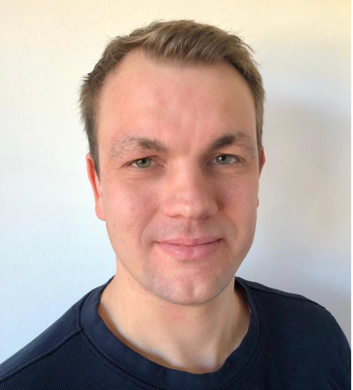
Selina Finger
Selina Finger obtained her Bachelor’s degree in Environmental Engineering from RWTH Aachen University, Germany, in 2016. She continued her studies at RWTH Aachen, completing a consecutive Master’s degree in Environmental Process Engineering in 2020. Since 2021, she has been pursuing her PhD at the Helmholtz Institute Erlangen-Nürnberg for Renewable Energy, Germany, in the department of Electrocatalytic Interface Engineering under the supervision of Prof. Simon Thiele. Her research focuses on PEM water electrolysis, with particular emphasis on optimizing anode-side components and developing accelerated stress tests. Working within the interdisciplinary team Nanoanalysis of Electrochemical Processes, led by Dr. Andreas Hutzler, enables her to explore degradation mechanisms and material behavior across multiple length scales.
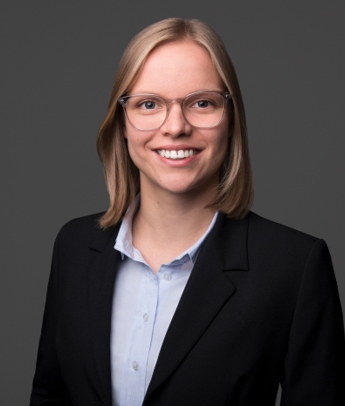
Tae Ho Shin (Timothy J. Shin)
Dr. Tae Ho Shin (Tim. J. Shin) is the Director for Division of Low Carbon Energy & Materials DX including Hydrogen Energy Materials Centre in the Korea Institute of Ceramic Engineering and Technology (KICET). He holds M.S. in ‘Ceramic Engineering’ from Yonsei University and received his Ph.D. degree in Materials Engineering from Kyushu University, Japan (2012). He furthered his research as a Research Fellow at the University of St. Andrews, UK, working with Prof. John T. S. Irvine from 2012 to 2015. Since his expertise lies in crystal structure analysis to design materials with enhanced electrochemical properties, Dr. Shin's research focuses on developing novel oxide electrodes for electrochemical devices such as solid oxide fuel cells (SOFCs) and solid oxide electrolysis cells (SOECs) in the Division and his Hydrogen Energy Materials Centre, he built up in 2015 the Group ‘Low Emission Advanced Power Lab.’ at the institute dealing among others with solid oxide electrochemical cells, steam electrolysis and solid batteries. As a key member of national committees, he has contributed to Korea’s hydrogen energy policies, including Korean Fuel Cell R&D plan and the Korean Carbon Neutrality R&D roadmap.
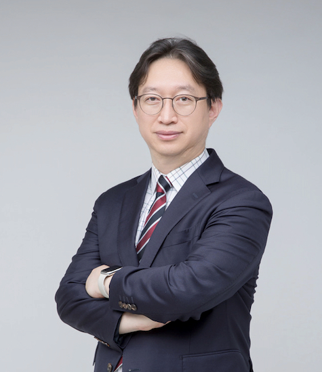
Olivier Bucheli
Olivier is an entrepreneur with a strong focus on efficient energy transformation, particularly in hydrogen and fuel cell technologies. After completing his Chemical Engineering degree in 2000, he founded HTceramix, which evolved into SolydEra, a leading company ion Solid Oxide Cells. He played a key role in launching and managing RTD projects and helped shape EU research agendas. Since 2010, Olivier has served as President of the European Electrolyser and Fuel Cell Forum (EFCF), a leading event promoting hydrogen and fuel cell science since 1994 in Lucerne, Switzerland.
Based on work starting in 2019, he co-founded Adele Hydrogen in 2023, where he now is the Executive Chairman leading the efforts to commercialize advanced alkaline and anion exchange membrane electrolyser electrodes.
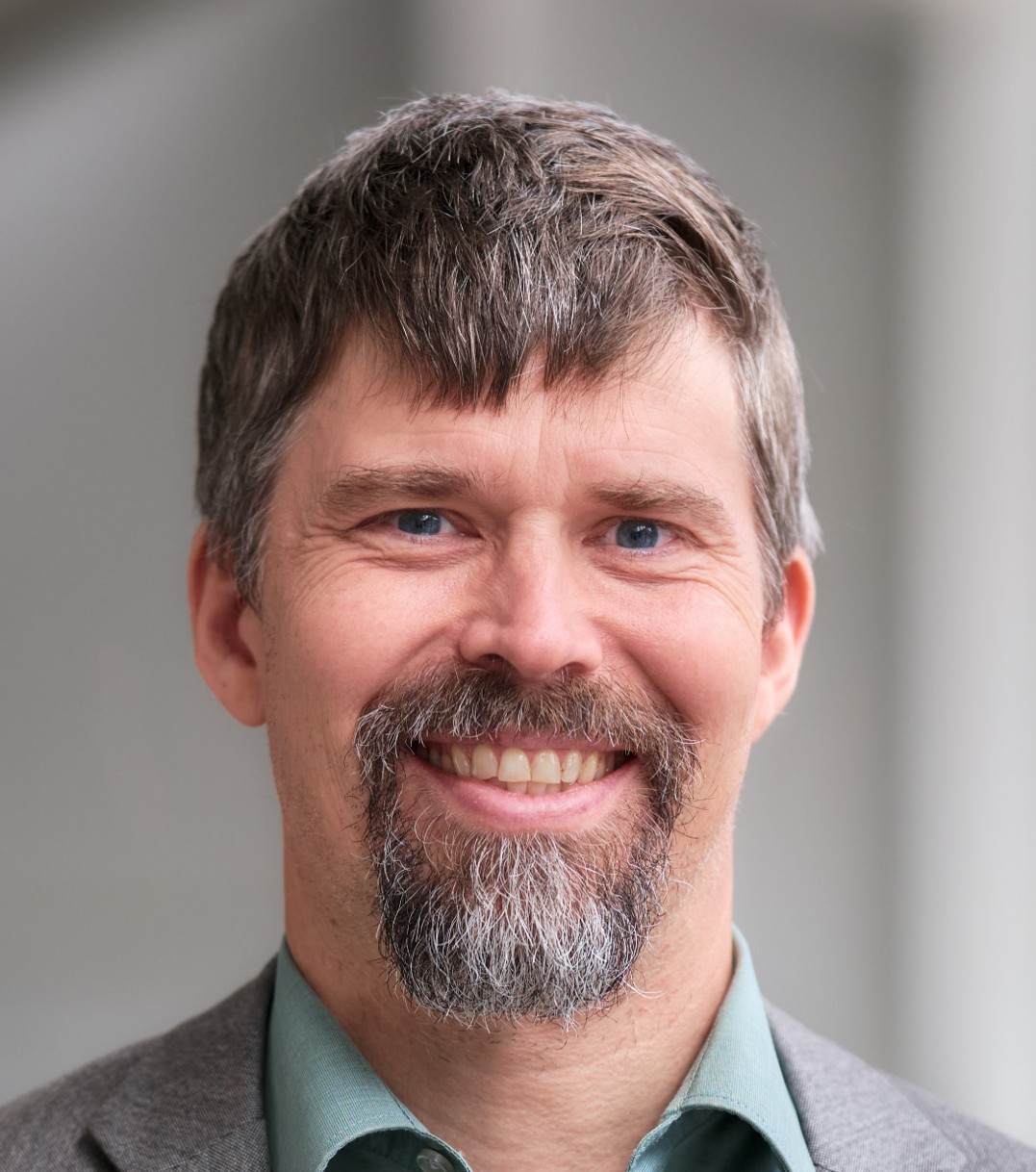
Dr. Aline Léon Habil
Aline Léon leads the research and development activities on high temperature steam electrolysis at European Institute for Energy Research (EIFER) in Karlsruhe, Germany. Her work focuses on enhancing the long-term performance of single cells, short stacks, and power stacks, with an emphasis on degradation analysis using advanced characterization techniques and the development of in-operando measurements.
Since 2023, Aline has engaged as Vice-Manager of Task 30 Electrolysis within the Advanced Fuel Cells Technology Collaboration Program (AFC TCP) of the International Energy Agency, and she assumes the role of Manager from 2025.
Aline holds a Ph.D. from Université Laval in Québec city, Canada, and a Habilitation from the Josef Fourier University in Grenoble, France. She also lectures at the Karlsruhe Institute of Technology (KIT) in Karlsruhe, Germany
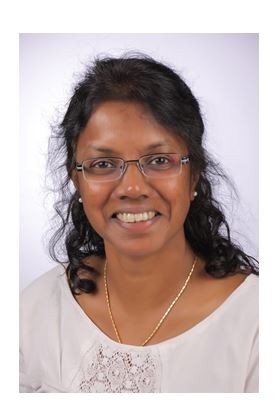
Dr.-Ing. Violeta Karyofylli
Violeta Karyofylli received her Diploma in Civil Engineering from the University of Patras, Greece, in 2012, followed by an M.Sc. in Water Resources and Environment from the same department in 2014. She then pursued her doctoral studies at the Chair for Computational Analysis of Technical Systems (CATS) at RWTH Aachen University in Germany, earning her Ph.D. with distinction in 2021.
After completing her Ph.D., she joined the PECOS Center at the Oden Institute for Computational Engineering and Sciences at the University of Texas at Austin as a postdoctoral fellow.
She currently serves as the acting group leader for simulations at the Institute of Energy and Climate Research – Fundamental Electrochemistry (IET-1) at Forschungszentrum Jülich GmbH, under the direction of Prof. Dr. Rüdiger-A. Eichel. Her research focuses on the development of both physics-based and data-driven models for low-temperature electrolyzers.
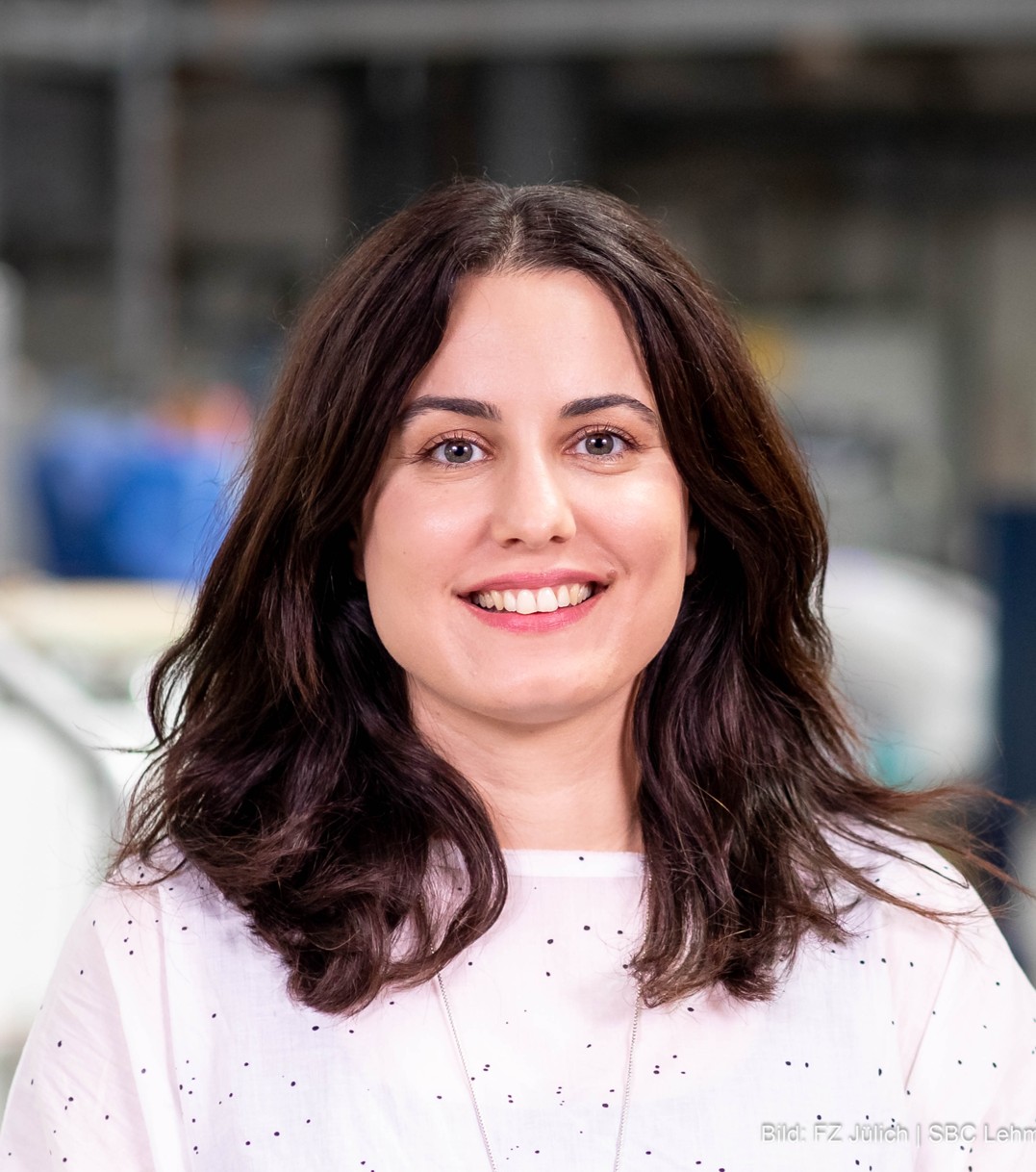
Prof. Dr. Hans-Martin Henning
Hans-Martin Henning is Director of the Fraunhofer Institute for Solar Energy Systems ISE in Freiburg, Germany and Professor for “Solar Energy Systems” at the Institute of Sustainable Systems Engineering in the Faculty of Engineering, University of Freiburg. He is chairman of the Expert Council on Climate Issues (appointed by the German Government), member of the Advisory Board for the Energy Research Program of the Federal Ministry for Economic Affairs and Energy, member of the acatech (German National Academy of Science and Engineering) and member of the board of directors of the academy project “Energy systems of the future”.
Henning obtained his PhD in physics at Oldenburg University in 1993. Since 1994, he has been working at Fraunhofer ISE in Freiburg. In 2014 he was appointed Professor of Technical Energy Systems at the Karlsruhe Institute of Technology KIT and in 2017 Director of Fraunhofer ISE.
Henning’s research focus lies in building energy technology and energy system analysis. He plays a leading role in the development of computer models for the comprehensive simulation and optimization of complex energy systems. Their results are applied for developing national / regional energy systems with consideration of all energy sources and end-use sectors.
